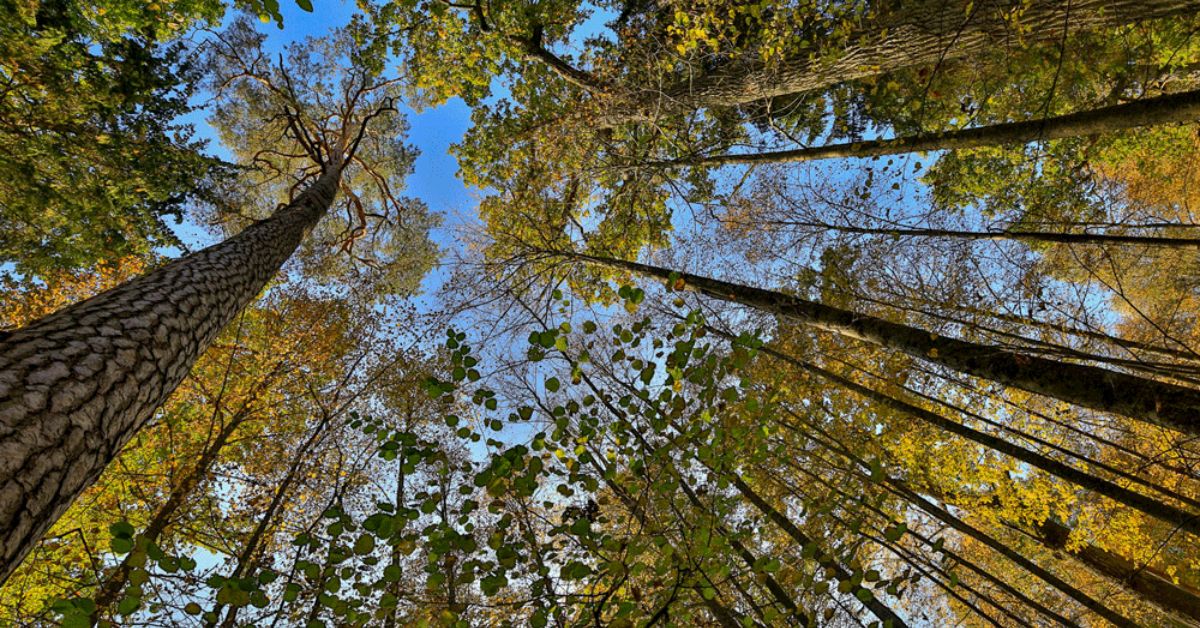Source: Business Standard
Bangladesh, a nation full of resilient people and fertile deltas, faces a crisis. It is one of the most climate-vulnerable countries in the world. Rising sea levels, erratic weather patterns and extreme weather events are not distant threats but a lived experience for millions.
Yet, amidst the looming crisis, a glimmer of hope emerges: carbon trading. It’s the buying and selling of credits that permit a company or other entity to emit a certain amount of carbon dioxide or other greenhouse gases.
This innovative mechanism, once a distant concept, now presents Bangladesh with an opportunity to transform from a vulnerable nation into a carbon champion, reaping economic and environmental rewards while safeguarding its future.
The international community, recognising the gravity of the climate change situation, has come together under the umbrella of the United Nations Framework Convention on Climate Change (UNFCCC).
The Kyoto Protocol, adopted in 1997, laid the foundation for carbon trading through the Clean Development Mechanism (CDM). However, CDM had some limitations in fulfilling the required carbon emission reduction. So, later, to speed up the process, a new agreement was signed in 2015, which is known as the Paris Agreement.
Under the Paris Agreement, existing CDM projects continue and earn credits, with one change: no new project had been granted since 2020, officially concluding CDM. Additionally, if projects meet certain criteria, they can transition to the Paris Agreement’s crediting mechanism under Article 6.4.
Article 6 of the Paris Agreement introduces the possibility of market-based solutions through cooperative approaches. Here is where carbon trading enters the picture once again.
Carbon dioxide, the primary cause of climate change, is traded like any other commodity on the global carbon market. Countries set emissions caps, and entities exceeding these limits can purchase ‘carbon credits’ from other countries that have reduced emissions. Now what is carbon credit?
A carbon credit is earned when a country or entity uses measures to reduce or remove, let’s say, one ton of carbon dioxide or an equivalent amount of other greenhouse gases (GHGs) from the atmosphere. Projects that reduce emissions can benefit financially from trading – that is selling – these credits on a platform.
How can Bangladesh tap into carbon trading?
So, how can Bangladesh get into this global green gig? The answer lies in its unique strengths: vast potential for renewable energy and lush mangrove forests acting as carbon sinks.
Imagine wind turbines whirling over emerald paddy fields, capturing the wind’s energy while reducing reliance on fossil fuels. Picture mangrove forests lining the Sundarbans, their tangled roots trapping carbon like nature’s filter. These are not mere dreams; they are the foundations on which Bangladesh can build its carbon trading empire.
How can Bangladesh gain from carbon trading?
The scope is immense. By engaging in carbon trading, Bangladesh can attract investments for projects that promote renewable energy, climate-smart agriculture and sustainable forest management. These projects not only generate carbon credits but also contribute to the nation’s long-term climate resilience.
The sale of carbon credits translates to revenue for project developers and communities. This can contribute to poverty reduction, job creation, and overall economic development.
Participation in carbon trading necessitates robust carbon accounting methodologies. This fosters the development of local expertise and technology in measuring, monitoring and verifying emission reductions.
The challenges
Despite the promising prospects, there are challenges to be considered. A key hurdle is establishing robust carbon accounting systems. For a project to issue credible carbon credits, it is crucial to determine the precise amount of emission reduction achieved.
Dedicated to poverty alleviation and sustainable development, the Palli Karma-Sahayak Foundation (PKSF) is a leading national institution, which recognises the immense potential of carbon trading for Bangladesh and is actively working to unlock its benefits.
Identifying the importance of carbon accounting as a foundational challenge, PKSF recently convened a consultation meeting with experts from research institutes and universities. The meeting highlighted the capabilities of these institutions but underscored the need for a coordinated approach. Experts called for a national platform for exploring and advancing carbon accounting, with PKSF playing a leading role.
PKSF, with its extensive network of partner NGOs reaching 1.9 million households across the country, is well-positioned to play a vital role.
How can Bangladesh harness the full potential of carbon trading?
The government must set the stage for this important trade. Clear policies and regulations are the soil from which carbon credits bloom. However, the government cannot be the only gardener. The road ahead requires collaboration and a concerted effort from all stakeholders—government, civil society, academia and the private sector.
To fully harness the potential of carbon trading, Bangladesh needs a multi-pronged approach. Some of the steps to be taken include the following.
Policy Framework: A robust national policy framework that sets clear regulations, monitors emission reductions and ensures transparency. Therefore, establishing a dedicated carbon trading authority for efficient management is vital.
Capacity Building: The government, along with NGOs and private sector players, needs to invest in capacity building. This includes training personnel in carbon accounting, project development and market mechanisms.
Community Engagement: We must engage and empower local communities, which are custodians of forests and vital contributors to emission reduction. Benefit-sharing mechanisms that reward communities for conservation efforts are essential.
Financing Mechanisms: To support emission reduction projects, sustainable financing channels like green bonds and public-private partnerships are required.
Bangladesh, a nation that has consistently displayed leadership in climate action, is well-positioned to embrace the opportunities presented by carbon trading. Bangladesh can take advantage of the carbon trading opportunity by putting a strong emphasis on capacity building, implementing strong carbon accounting systems, and identifying projects. More importantly, this is not just about market profits but about breathing cleaner air, safeguarding coastal communities and ensuring a more sustainable future for generations to come.






